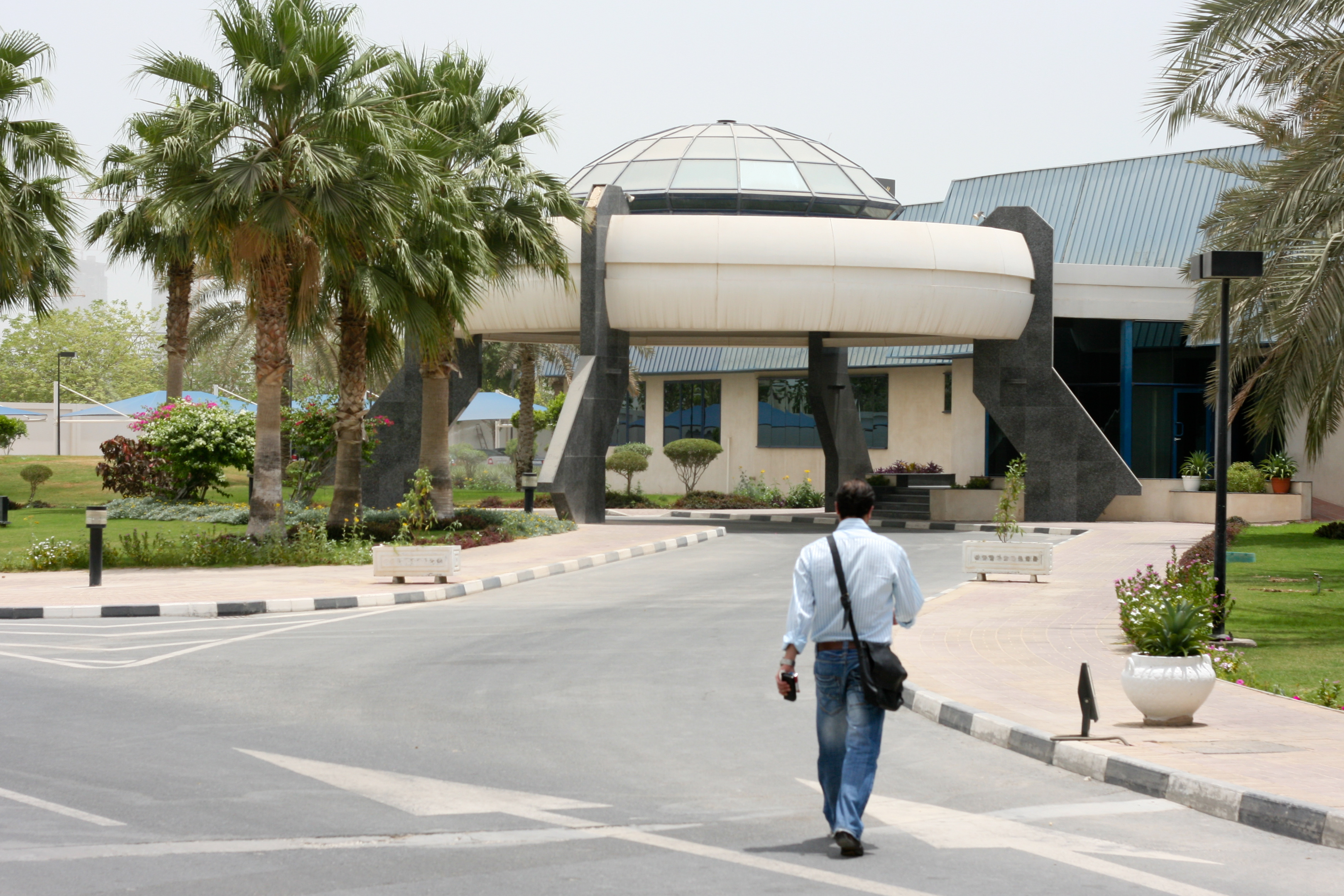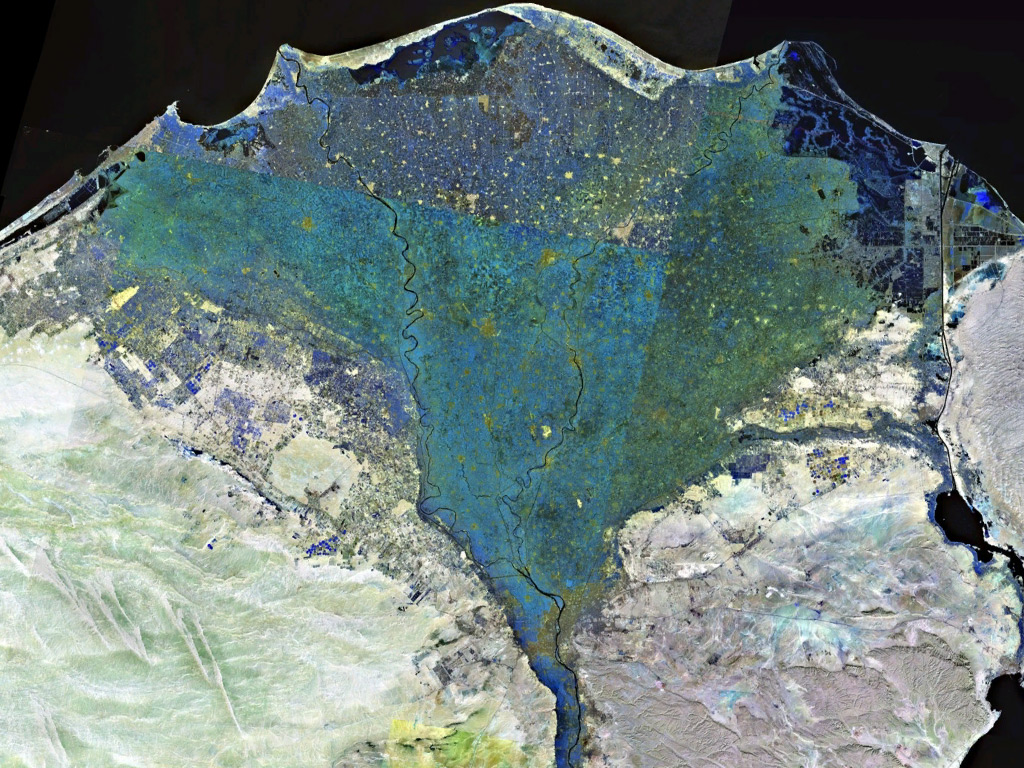|
Hamdeen Sabbahi
Hamdeen Sabahi ( ar, حمدين صباحى, Ḥamdīn Ṣabāḥī, ; born 5 July 1954) is an Egyptian politician, journalist and poet. He is currently the leader of the Egyptian Popular Current and a co-leader of the National Salvation Front. An opposition activist during the Anwar Sadat and Hosni Mubarak eras, Sabahi was jailed 17 times during their presidencies for political dissidence. He was an immediate supporter and participant of the 2011 Egyptian revolution. Sabahi entered the 2012 Egyptian presidential race in which he finished third place with 21.5% of the vote trailing the second place candidate Ahmed Shafiq by a margin of 700,000 votes. In the 2014 presidential election he was one of just two candidates. He ran second with less than 4% of the vote. Abdel Fattah el-Sisi was declared the winner after attracting 22 million of the nearly 23 million votes cast. Sisi was sworn into office as President of Egypt on 8 June 2014. A well known opposition figure, Sabahi ascri ... [...More Info...] [...Related Items...] OR: [Wikipedia] [Google] [Baidu] |
Baltim
Baltim ( ar, بلطيم ) is a city in the Kafr El Sheikh Governorate, in the north coast of Egypt. History The second part of the town's name preserves "end, furthest part (of Egypt)". Baltim was the beneficiary of a tax reduction under the reign of the sultan Barquq. Ibn Battuta noted it as the capital of the district of Burullus, a position which it held through the late 1800s. The 1885 Census of Egypt recorded Baltim as a nahiyah in the district of Aklim el-Borollos in Gharbia Governorate; at that time, the population of the city was 4,286 (2,182 men and 2,104 women). Climate Baltim's climate is typical to the northern coastal line which is the most moderate in Egypt. It features a hot desert climate (Köppen: BWh), but prevailing winds from the Mediterranean Sea greatly moderate the temperatures, making its summers moderately hot and humid while its winters mild and moderately wet. The hottest temperature recorded was on April 15, 1998 which was and the co ... [...More Info...] [...Related Items...] OR: [Wikipedia] [Google] [Baidu] |
Al Jazeera
Al Jazeera ( ar, الجزيرة, translit-std=DIN, translit=al-jazīrah, , "The Island") is a state-owned Arabic-language international radio and TV broadcaster of Qatar. It is based in Doha and operated by the media conglomerate Al Jazeera Media Network. The flagship of the network, its station identification, is ''Al Jazeera.'' The patent holding is a "private foundation for Public interest law, public benefit" under Qatari law. Under this organizational structure, the parent receives Financial endowment, funding from the Cabinet of Qatar, government of Qatar but maintains its editorial independence. In June 2017, the Saudi, Emirati, Bahraini, and Egyptian governments insisted on the Proscription, closure of the entire conglomerate as one of thirteen demands made to the Government of Qatar during the Qatar diplomatic crisis. The channel has been criticised by some organisations as well as nations such as Saudi Arabia for being "Qatari propaganda". Etymology In Arabic, ' l ... [...More Info...] [...Related Items...] OR: [Wikipedia] [Google] [Baidu] |
Gamal Abdel Nasser
Gamal Abdel Nasser Hussein, . (15 January 1918 – 28 September 1970) was an Egyptian politician who served as the second president of Egypt from 1954 until his death in 1970. Nasser led the Egyptian revolution of 1952 and introduced far-reaching land reforms the following year. Following a 1954 attempt on his life by a Muslim Brotherhood member, he cracked down on the organization, put President Mohamed Naguib under house arrest and assumed executive office. He was formally elected president in June 1956. Nasser's popularity in Egypt and the Arab world skyrocketed after his nationalization of the Suez Canal Company and his political victory in the subsequent Suez Crisis, known in Egypt as the ''Tripartite Aggression''. Calls for pan-Arab unity under his leadership increased, culminating with the formation of the United Arab Republic with Syria from 1958 to 1961. In 1962, Nasser began a series of major socialist measures and modernization reforms in Egypt. Despite setba ... [...More Info...] [...Related Items...] OR: [Wikipedia] [Google] [Baidu] |
Egyptian Land Reform
The post-revolution Egyptian Land Reform was an effort to change land ownership practices in Egypt following the 1952 Revolution launched by Gamal Abdel Nasser and the Free Officers Movement. Problems prior to 1952 Prior to the 1952 coup that installed Muhammad Naguib as President, less than six percent of Egypt's population owned more than 65% of the land in the country, and less than 0.5% of Egyptians owned more than one-third of all fertile land. These major owners had almost autocratic control over the land they owned and charged high rents which averaged 75% of the income generated by the rented land. These high rents coupled with the high interest rates charged by banks plunged many small farmers and peasants into debt. Peasants who worked as laborers on farms also suffered, receiving average wages of only eight to fifteen piastres a day. The combination of these circumstances led historian Anouar Abdel Malek to call the pre-reform Egyptian peasantry "an exploited mass sur ... [...More Info...] [...Related Items...] OR: [Wikipedia] [Google] [Baidu] |
Fellah
A fellah ( ar, فَلَّاح ; feminine ; plural ''fellaheen'' or ''fellahin'', , ) is a peasant, usually a farmer or agricultural laborer in the Middle East and North Africa. The word derives from the Arabic word for "ploughman" or "tiller". Due to a continuity in beliefs and lifestyle with that of the Ancient Egyptians, the fellahin of Egypt have been described as the "true Egyptians". A fellah could be seen wearing a simple Egyptian cotton robe called ''galabieh'' (''jellabiya''). The word ''galabieh'' originated around 1715–25 and derived from the Egyptian slang word ''gallabīyah''. Origins and usage "Fellahin," throughout the Middle East in the Islamic periods referred to native villagers and farmers. It is translated as "peasants" or " farmers". Fellahin were distinguished from the ''effendi'' (land-owning class), although the fellahin in this region might be tenant farmers, smallholders, or live in a village that owned the land communally. Others applied the ... [...More Info...] [...Related Items...] OR: [Wikipedia] [Google] [Baidu] |
Nile Delta
The Nile Delta ( ar, دلتا النيل, or simply , is the delta formed in Lower Egypt where the Nile River spreads out and drains into the Mediterranean Sea. It is one of the world's largest river deltas—from Alexandria in the west to Port Said in the east, it covers of Mediterranean coastline and is a rich agricultural region. From north to south the delta is approximately in length. The Delta begins slightly down-river from Cairo. Geography From north to south, the delta is approximately in length. From west to east, it covers some of coastline. The delta is sometimes divided into sections, with the Nile dividing into two main distributaries, the Damietta and the Rosetta, flowing into the Mediterranean at port cities with the same name. In the past, the delta had several distributaries, but these have been lost due to flood control, silting and changing relief. One such defunct distributary is Wadi Tumilat. The Suez Canal is east of the delta and enters the coa ... [...More Info...] [...Related Items...] OR: [Wikipedia] [Google] [Baidu] |
Foreign Policy
A State (polity), state's foreign policy or external policy (as opposed to internal or domestic policy) is its objectives and activities in relation to its interactions with other states, unions, and other political entities, whether bilaterally or through multilateralism, multilateral platforms.Foreign policy ''Encyclopedia Britannica'' (published January 30, 2020). The ''Encyclopedia Britannica'' notes that a government's foreign policy may be influenced by "domestic considerations, the policies or behaviour of other states, or plans to advance specific geopolitical designs." History The idea of long-term management of relationships followed the development of professional diplomatic corps that managed diplomacy. In the 18th century, due to extreme turbulence in History of Europe# ...[...More Info...] [...Related Items...] OR: [Wikipedia] [Google] [Baidu] |
Khaled Youssef
Khaled Youssef ( ar, خالد يوسف; born 28 September 1964), is an Egyptian director and film writer. His films are noted for their use of improvisation and a realistic cinéma vérité style. In a career spanning more than three decades, Youssef's films have encompassed many themes and genres. For several audiences, his films were an early prediction for 2010/2011 Arab uprisings. In his films, Youssef has addressed the issues of authoritarianism, lack social justice, poverty, religious intolerance, corruption, restrictions on the freedom of thoughts and opinion, and the sexual violence in the Egyptian and the Arab communities. As a result, he has been targeted by tens of judicial prosecutions and political harassments, motivated by different governments, over decades. Recently, He became a member of the Egyptian Parliament since November 2015. Biography He was one of the outstanding leaders of the students' movement in eighties. He was head of Students' Union at Zagazig Un ... [...More Info...] [...Related Items...] OR: [Wikipedia] [Google] [Baidu] |
Alaa Al Aswany
Alaa Al Aswany ( ar, علاء الأسواني, ; born 26 May 1957) is an Egyptian writer, novelist, and a founding member of the political movement Kefaya. Early life and career Al Aswany was born on 26 May 1957 in Cairo. His mother, Zainab, came from an aristocratic family; her uncle was a Pasha and Minister of Education before the Egyptian Revolution of 1952. His father, Abbas Al Aswany, was from Aswan (in Lower Nubia) and was a lawyer and writer who "is remembered as being a captivating and charismatic speaker with a broad following and loyalty within a cross-section of the Egyptian revolutionary intelligentsia". Abbas Al Aswany wrote a regular back-page essay in the Egyptian weekly magazine Rose al-Yūsuf entitled ''Aswaaniyat''. In 1972, he was "the recipient of the state award for literature". He died when Alaa was 19 years old. Al Aswany attended Le Lycée Français in Cairo and received a bachelor's degree in dental and oral medicine at Cairo University in 1980. He ... [...More Info...] [...Related Items...] OR: [Wikipedia] [Google] [Baidu] |
Nasserism
Nasserism ( ) is an Arab nationalist and Arab socialist political ideology based on the thinking of Gamal Abdel Nasser, one of the two principal leaders of the Egyptian Revolution of 1952, and Egypt's second President. Spanning the domestic and international spheres, it combines elements of Arab socialism, republicanism, nationalism, anti-imperialism, developing world solidarity, Pan-Arabism, and international non-alignment. Many other Arab countries have adopted Nasserist forms of government during the last century, most being formed during the 1960s, including Muammar Gaddafi's Socialist People's Libyan Arab Jamahiriya (1977–1986) and later the Great Socialist People's Libyan Arab Jamahiriya (1986–2011) after the 1986 United States bombing of Libya. The Nasserist ideology is also similar in theory to the Ba'athist ideology which was also notably practiced under Saddam Hussein's Ba'athist Iraq (1968–2003) and under Hafez al-Assad and now Bashar al-Assad's ... [...More Info...] [...Related Items...] OR: [Wikipedia] [Google] [Baidu] |






